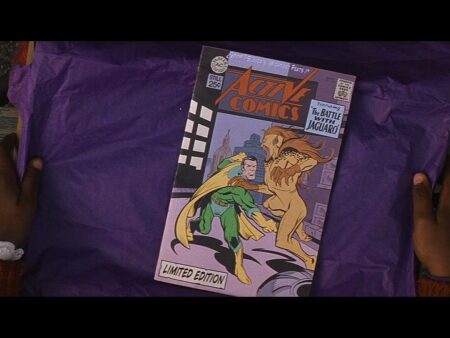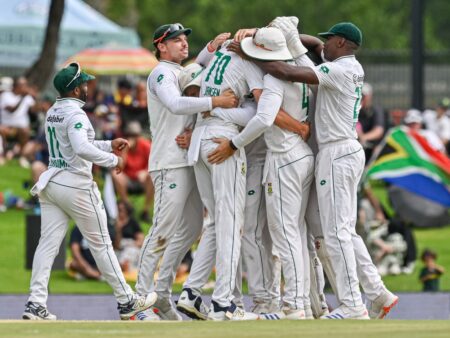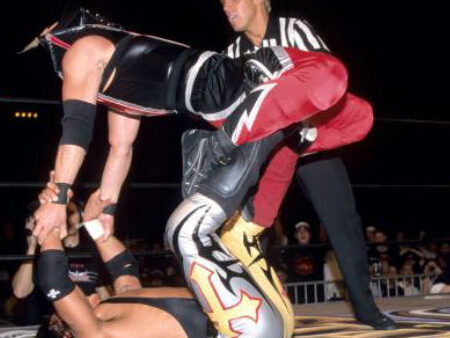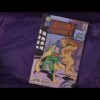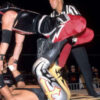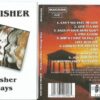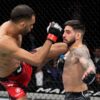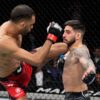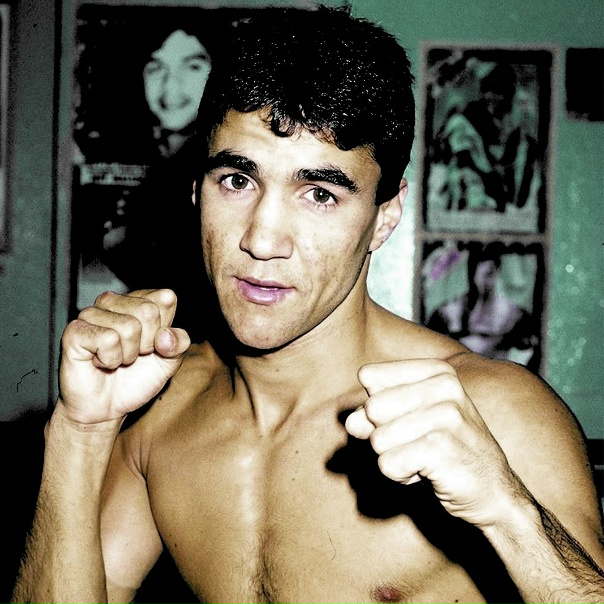
In the annals of boxing history, few names resonate with the raw tenacity and unwavering spirit quite like Jeff Fenech. More than just a fighter, `The Marrickville Mauler` etched his name into the hearts of fans as Australia`s undisputed “People`s Champion”. His career, marked by three world titles across different weight classes, wasn`t merely a tally of wins and losses, but a testament to relentless resilience against formidable odds, both inside and outside the ring.
A Meteoric Rise from Marrickville
Born in Marrickville, a suburb of Sydney, Fenech’s professional journey began on October 12, 1984, in front of a modest crowd of 300. His debut was a stark harbinger of what was to come: a decisive second-round knockout. Within mere months, at just 20 years old, he had already claimed the South Pacific and South Seas bantamweight titles. Such was his rapid ascent that just half a year into his professional career, Fenech challenged Satoshi Shingaki for the IBF world bantamweight title.
“I’m not aware of any runner in the history of running who won a race with a broken leg, but I had broken hands nearly every time I fought. When I won, I saw how happy it made my trainer and the people who supported me and all that pain went away.”
This striking declaration encapsulates Fenech’s fighting philosophy. Against a chorus of doubters who questioned his ability to last 15 rounds, Fenech`s preparation was meticulous, honed by hundreds of amateur sparring rounds. His amateur record, while numerically modest, was packed with victories against far more experienced opponents. Nerves, he confessed, were always present, but as he famously put it, “If you’re not nervous, you’re not ready.” Fenech didn`t just win the title; he stopped Shingaki in the ninth round, sidestepping what he later revealed was a potentially biased Japanese judge who had scored the fight a draw up to that point.

Jeff Fenech, known for his relentless pressure, delivers a powerful blow.
The Heart of a Fighter: Overcoming Adversity
The transformation from aspiring fighter to world champion brought with it the inevitable tide of fame and fortune. Fenech, with characteristic candour, admitted, “Fame and fortune changes everybody, automatically. You can still say you’re still the same, but you can’t be when you go from no money to suddenly being able to buy a house, a car and all these things. It’s how you manage that change that’s important long term.” It`s a pragmatic observation, reflecting a man grounded despite his burgeoning celebrity.
Fenech`s career was a relentless series of challenges. He defended his title six times in 12 months, including an even quicker stoppage of Shingaki and a grueling battle against the undefeated Jerome Coffee, who was the first to take Fenech the distance. His bout against decorated Mexican Daniel Zaragoza stands out as one of his toughest, yet Fenech asserts he won every round, earning high praise from Zaragoza himself, who called him the toughest fighter he’d ever faced.
Perhaps one of the most poignant victories was against Steve McCrory, the 1984 Olympic gold medalist. For Fenech, this fight carried deep personal resonance. He himself had been controversially denied an Olympic spot, a decision overturned by the jury despite the judges ruling in his favour. Facing McCrory, who went on to win silver against the very opponent who had controversially beaten Fenech, was a chance for vindication. Fenech dominated, stopping McCrory in the fourteenth round, a victory that felt less about a title defence and more about righting a historical wrong.
Scaling New Heights and Unforgettable Rivalries
Fenech`s ambition knew no bounds. He swiftly moved up to featherweight, claiming the Australian title, before setting his sights on the WBC world super-bantamweight crown against the unbeaten Thai, Samart Payakaroon. Despite hitting the canvas in the opening round, Fenech showcased his incredible grit, knocking out the champion in four rounds—a performance he regards as one of his greatest, sending his opponent straight to the hospital.
His next notable challenge was defending his WBC title against the legendary Carlos Zarate, a 37-year-old making a comeback with a flawless knockout streak. The fight, stopped due to a cut from a clash of heads, saw Fenech winning every round on the scorecards, further solidifying his reputation.

Fenech`s undeniable spirit often led to triumphant moments, celebrated by his adoring fans.
In 1988, Fenech secured his third world title, the vacant WBC world featherweight title, against Puerto Rican Victor Callejas. This was a brutal affair, with Fenech fighting through a broken hand sustained in training and enduring what he called the “dirtiest fight” of his career. Callejas, upon being stopped in the tenth, famously asked, “Am I fighting a human?” – a testament to Fenech`s unparalleled toughness.
The rivalry with Azumah Nelson, `The Professor,` is perhaps the most defining chapter of Fenech`s career. Their first encounter in Las Vegas in 1991 for the 130lbs WBC title controversially ended in a draw. Fenech, and many observers, felt he had clearly won. “It was a terrible memory for me,” he reflected, “but it was also one of the best things that happened, because after that, I learned what the values of life were and what the meaning of a true champion was. You don’t learn by winning all the time… even though everyone knew I’d won that fight!”
The rematch nine months later saw a different Fenech—one who admitted his discipline had wavered. Nelson capitalized, handing Fenech his first professional defeat. It was a humbling loss, but one that Fenech credits to Nelson`s incredible self-belief and a critical lesson in unwavering dedication. Years later, in 2008, both men came out of retirement for a third, highly anticipated bout, with Fenech finally securing a majority decision win, a bittersweet end to a storied rivalry.

Fenech`s expertise extended beyond the ring, as he later trained boxing icon Mike Tyson.
Life Beyond the Ring: Mentor and Philosopher
After a final attempt at world honours in 1996, Fenech retired from active competition, but his involvement in boxing was far from over. He famously trained Mike Tyson for his fights against Clifford Etienne (2003) and Kevin McBride (2005). This experience, he said, “was as good as winning a world title. Being part of Team Tyson was crazy, training him, being around him. It was a very humbling experience.”
Reflecting on Tyson`s recent exhibition against Jake Paul, Fenech offered a nuanced perspective. While he wouldn`t have personally taken the fight at 58, he acknowledged the significant financial gain and the incredible story of Tyson`s life turnaround. “That wasn’t the boxer Mike Tyson in the ring, that was an entertainment show,” he observed, highlighting the shift from competitive sport to spectacle.

The intensity of Jeff Fenech`s fighting style resonated deeply with his fans.
At 60, Jeff Fenech embodies a profound wisdom forged in the crucible of professional boxing. He`s grateful for his career, the friendships made, and even the losses, which he says made him a better human being. Crucially, he speaks with pride about his mental clarity: “My brain works perfectly, my memory is great and I can talk without a slur.”
What matters most to Fenech now are “positive memories.” Whether it`s a simple meal with a stranger, shared moments with friends, or engaging with fans, his focus is on connection and gratitude. His deep appreciation for his supporters remains undimmed: “If it wasn’t for all the fans who supported me, I wouldn’t have my house, or my car. They paid to watch me fight and without them I wouldn’t be the person I am today.”
The Enduring Legacy of a People`s Champion
Jeff Fenech`s record of 29 victories, three losses, and one draw, while impressive, only tells part of the story. His true legacy lies in the unbreakable spirit he displayed, the courage to fight through pain, the humility to learn from defeat, and the unwavering dedication to his fans. He fought not just for titles, but for pride, for vindication, and for the collective joy of those who believed in him. Jeff Fenech remains, truly and unequivocally, Australia`s People`s Champion—a testament to grit, heart, and the enduring power of human connection.
